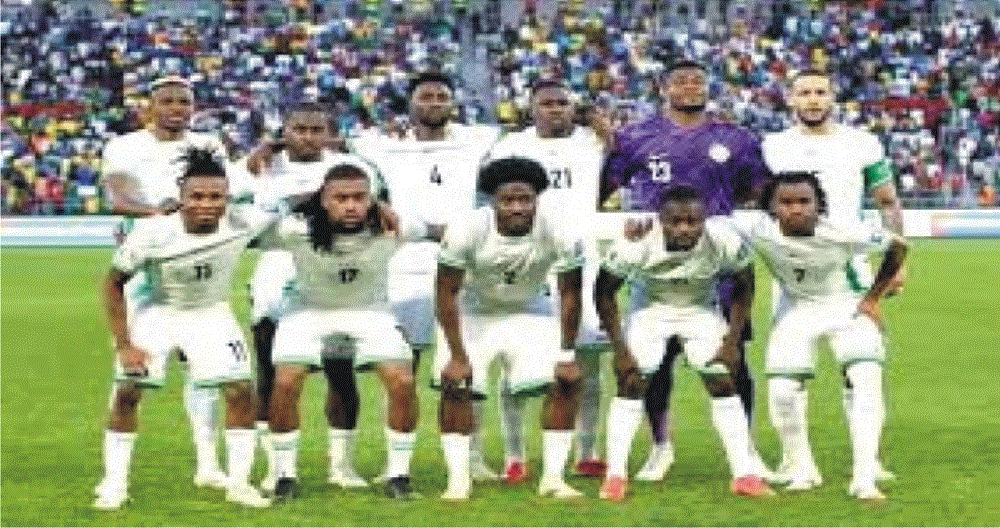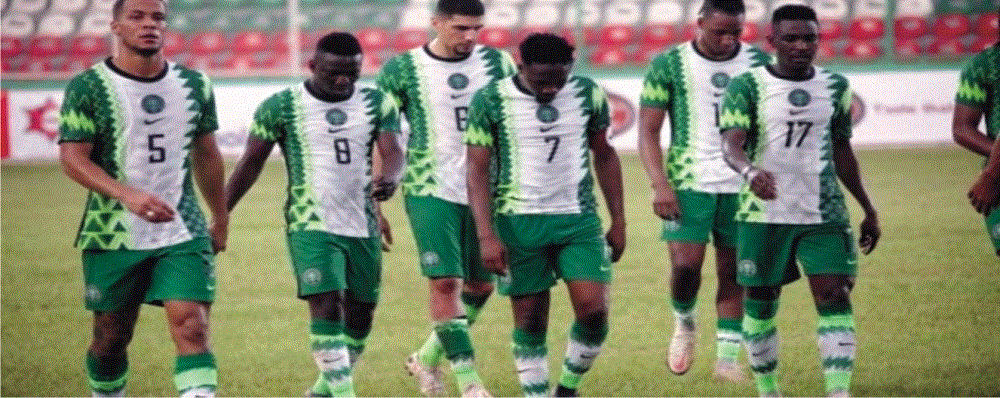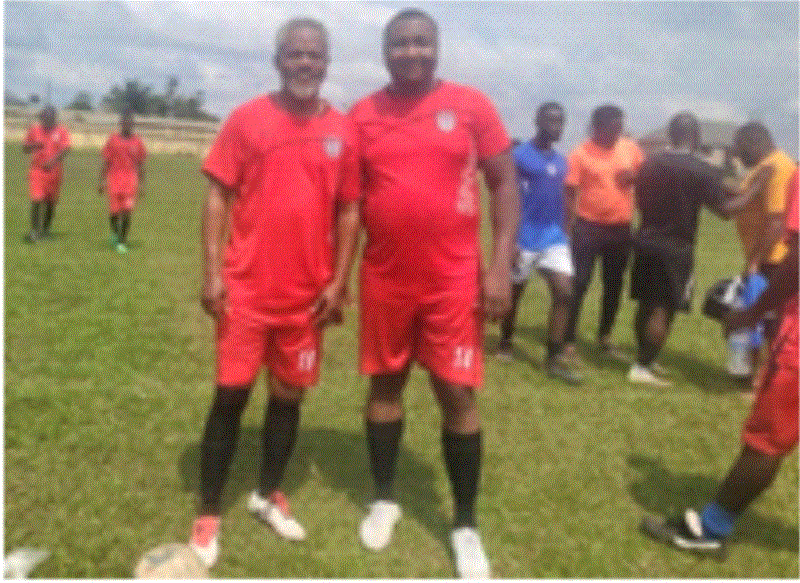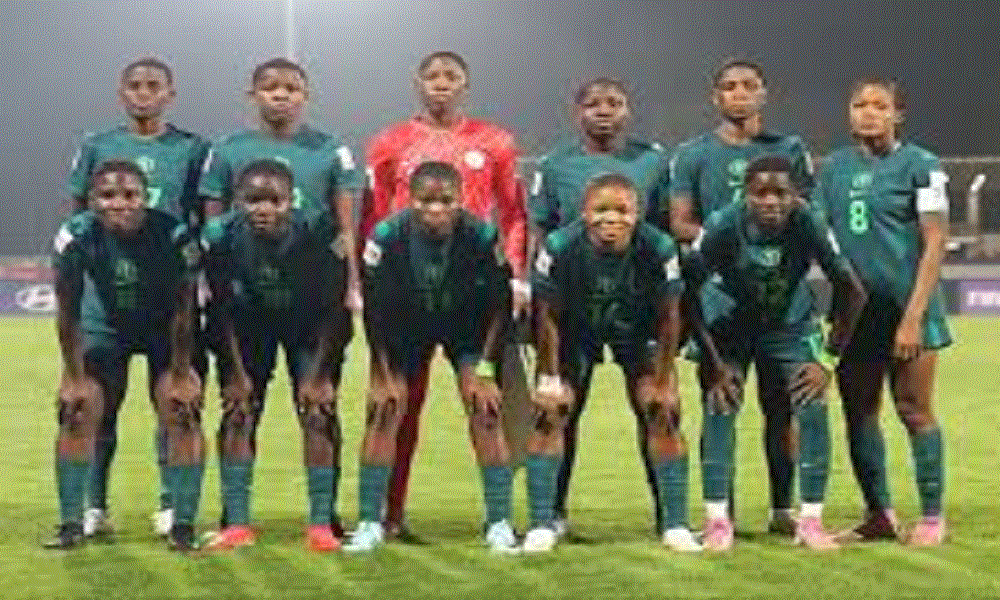Painful World Of Ex-Footballers (Part 2)
Peter Fregene was in goal for Nigeria at the Mexico Olympics in 1968 where the team held Brazil to a two-two draw. Peter also played across three decades from the 1960s up until the 1980s. Nicknamed ‘Flying Cat,’ Fregene, according to the Lagos State Governor, Babatunde Raji Fashola, was the ‘safest hands’ he ever encountered as teenagers.
Four years ago, Fregene suffered an excruciating stroke that left him paralyzed from waist down to his legs. He can barely walk now but supports himself with walking props.
He was bedridden for months under severe condition of lack before Governor Fashola, who had watched him as a lad, rehabilitated him and made him walk again. Fregene is still breathing largely because of the support he gets from friends and large-hearted Nigerians. “My condition is only slightly better. God knows what would have happened to me if Governor Fashola had not helped me. I’m grateful to him but I am incapacitated. I can’t do anything meaningful to support myself due to this condition. I only rely on well-meaning people to eat and get around,” Fregene tells this reporter.
Sixty-Seven year old Fregene shuttles between Lagos and Benin in difficult condition with nothing in the bank or investments to support himself for his years of service to fatherland. “I don’t have anything. No house, no car, or money in bank,” he says.
Like Fregene, Peter Anieke also made the Olympic team in 1968. A player with grace, he was deadly with his left foot and his head. He was nicknamed ‘Eusebio’ after the Portuguese football icon because of his scoring instincts. Hon. Tajudeen Ajide, an ex-footballer (ACB FC) and Chairman, Surulere Local Government, says, “He (Anieke) was the most brilliant scorer on air and on land in Nigeria. Anieke is our hero, our mentor.”
Now, Anieke’s twin companions are swollen and painful legs. The former free-scoring Stationery Stores and Green Eagles’ sensation started feeling an unusual swell and pain in his legs three years ago when he turned 65. The mild bloat has degenerated to a bigger pain in his life. Anieke is bedridden and slumps all day long in his room in Lagos. He ascribed the unbearable pain to a result of neglect and poor health care system. “If I had got people who watched me play that had come out earlier than this time, to see my condition, maybe I would have been okay. My children have spent a lot on money to no avail. I am all alone now but for my wife and friends who come to visit me and cheer me up. I need help from all quarters, from people I have inspired through my game, politicians, friends, and those in government. My health matters a lot.”
Anieke hints that he made little money in his ‘donkey’ years in the national team. “If I made a lot of money, I would not be in this condition. I do not have a car. I don’t have a house of my own and feeding is even a problem.”
Similarly, Willy Bazuaye, ex-player and assisting coach to Nigeria Olympic gold winning football team to Atlanta ’96 has been through hell.
He lives daily like a walking corpse, waiting for death to crawl in. “I prayed for death to come at a point but thank God for my son, Baldwin, who sold his property and investments to take care of me and well-meaning people like Governor Fashola, who came to my aid.”
In 2003, the health condition of the ex-soccer star and coach of the Golden Eaglets, worsened after a fatal fall in the bathroom. He came down with stroke and was bedridden. His matter became worse when the hospital, where he was been treated in Benin, threatened to eject him due to unpaid bills, which prompted his son to cry out.
Baldwin had sold his landed property and investments to pay the huge bills to keep his father alive yet it was not enough. When immediate help came, it was in the shapes of well meaning Nigerians and Lagos State government. The National Sports Commission waited 10 years before handing Bazuaye a cheque of N500, 000.00. Sadly, the octogenarian has nothing to show for years as star player and coach.
Paul Hamilton was not called ‘wonder boy’ for nothing. His acceleration, speed, and dribbling skills down the right flank projected uncommon weapons of that era. He was the first winger to add goal scoring to his responsibilities. Hamilton not only served his country and compatriots as a player, he also offered his services as coach of the male and female national teams at different times.
In 2007, the aged Hamilton was critically ill and it took the intervention of well-meaning Nigerians to get him back to his feet. He says he “practically came back from the land of the dead” with no help from the federation and the country he served so well. Today, Hamilton is in sound health.
Christian Madu was so good he had to change his surname from ‘Madumere’ to be able to play for the Ghanaian national team, after becoming a star player for Accra Hearts of Oak. He played there for 12 years from 1965.
He later moved back home to Nigeria to star for Rangers International of Enugu and won the 1977 Africa Cup Winners Cup with them. So successful was Madu that Nigeria under Father Tiko invited him to the Green Eagles and in 1978 and he upgraded his club level silverware chest with the Africa Cup of Nations’ bronze. He is perhaps the first Nigerian to play for two national teams: Ghana and Nigeria.
These days, Madu is in between hospitals for one ailment or the other.
Tony Igwe was the first full back in Nigeria’s history to introduce and master the overlapping system from the right-full back position. Tony was a beauty to watch as he tackled attackers, dispossessed them of the ball and glided down the right flank in quick counter, got to the goal line and floated lovely crosses into the box for his attackers. Tony came to the limelight as a schoolboy player from Academy College in Jos, got to the finals of the 1965 and 1966 FA Cup finals with Plateau Highlanders, and joined Stationary Stores from where he was invited to the national team. He totally monopolized the right side of the Nigerian defense for the next eight years. As at present, Igwe is somewhere in the Eastern Nigeria, a broken, lonely old man.




